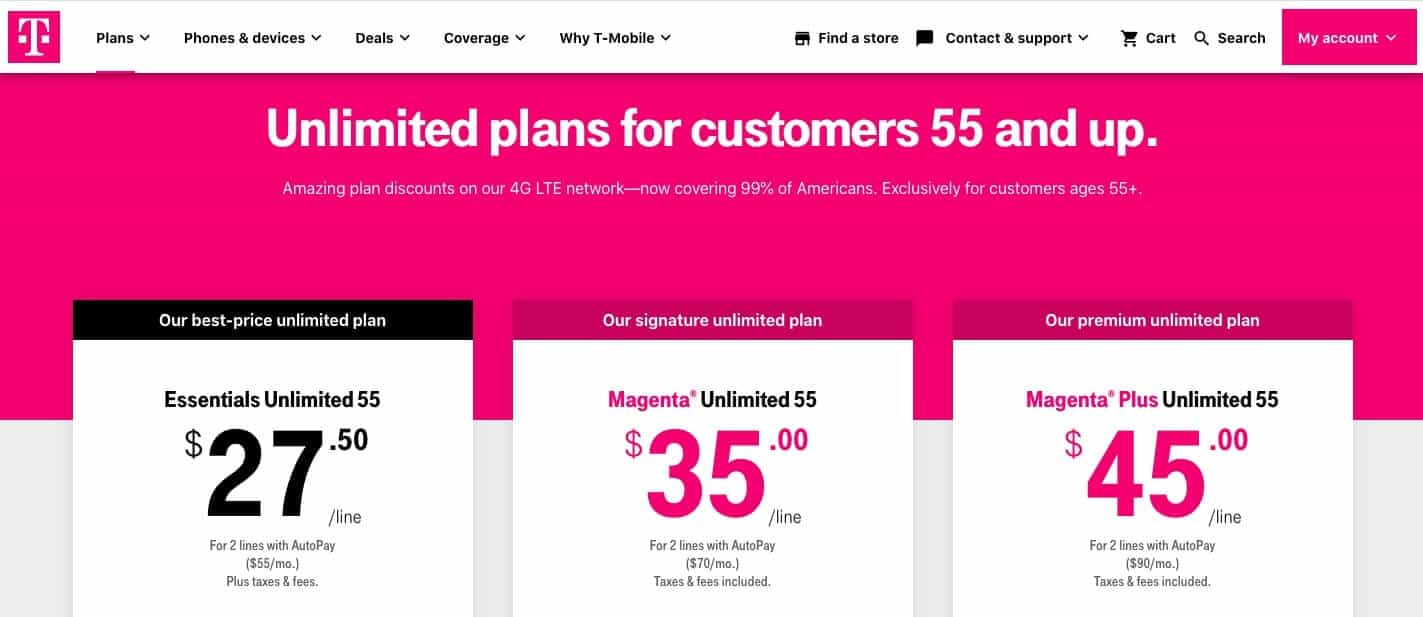
- #How much is charter high speed wireless internet service full
- #How much is charter high speed wireless internet service download
Which Definition Will Increase Upload Speeds Most Cost-Effectively?
#How much is charter high speed wireless internet service download
And future cloud-based computing services are predicted to actually need higher upload speeds than download speeds to function. Notably, all the applications and services driving the increased demand on upstream usage (telehealth, remote work, distance learning) are based on symmetric usage of broadband-that is 100/100 Mbps and not 100/20 Mbps. Those speeds will be completely unobtainable with infrastructure designed around 100/20 Mbps, but perfectly within reach of fiber-based networks. And if anything close to that rate of growth in upload demand persists, then the average upload demand will exceed 100Mbps by 2026. The numbers bear this out, with services reporting upstream traffic increasing 56% in 2020. And our internet infrastructure must reflect that need, not the needs of the past. If anything, it proved the viability of remote services. And even as we emerge from the pandemic, those models are not going to go away.Įssentially, the pandemic jumped our upload needs ahead of schedule, but it does not represent an aberration. The pandemic underscored this, as people moved to remote socializing, remote learning, remote work, telehealth, and many other services that require high upload speeds and capacity. This is because we are all growing to use and depend on services that upload data much more. Upload, which the average consumer used much less than download, is growing much faster. But another crucial detail is that the upload and download needs aren’t growing at the same speeds. If we apply 21% annual growth, that will mean 2026 usage will be over 500Mbps down and 40Mbps up. In terms of predicted needs in 2026, OpenVault finds that today’s average use is 207 Mbps/16 Mbps. Moreover, high-speed wireless internet will likewise end up depending on fiber, because high-bandwidth wireless towers must have equally high-bandwidth wired connections to the internet backbone. Fiber has capacity decades ahead of projected growth, which is why it is future-proof. Policymakers should bake into their assumption that 2026 internet usage will be greater than 2021 usage. Since the 1980s, consumer usage of the internet has grown by 21% on average every single year. Which Definition Will Meet Our Projected Needs in 2026 and Beyond? High-speed internet access is no longer a luxury, but a necessity. It’s about making sure that high-quality internet service is available to all Americans, in all places, at prices they can afford. It is not just about giving us faster speeds now, but preventing us from having to spend this money again in the future when the 100/20Mbps infrastructure eventually fails to serve us. With that said, let’s get into specifics.Īll of the following questions are based in what the United States, as a country, is going to need moving forward.
#How much is charter high speed wireless internet service full
And that number, while requiring fiber, doesn’t represent the fiber’s full capacity, which makes it better suited to a future of internet demand.

But raising the upload requirement to 100 Mbps-and requiring 100/100 Mbps symmetrical services-can only be done with the deployment of fiber infrastructure.


But the too long, didn’t read version is this: in essence, building a 100/20 Mbps infrastructure can be done with existing cable infrastructure, the kind already operated by companies such as Comcast and Charter, as well as with wireless. In order to explain exactly why these two definitions mean so much, and how truly different they are, we’ll evaluate each using five basic questions below. And if Congress goes ahead with their definition-100 Mbps of download and 20 of upload (100/20 Mbps)-instead of what we need-100 Mbps of download and 100 Mbps of upload (100/100 Mbps)-we will be left behind. One that will not meet our needs in the future. It’s easy to get overwhelmed by the granularity of this debate, but ultimately it boils down to this: cable companies want a definition that requires them to do and give less. It has a potentially once-in-a-lifetime amount of funding to spend on broadband infrastructure, and at the heart of this debate is the minimum speed requirement for taxpayer-funded internet. Congress is about to make critical decisions about the future of internet access and speed in the United States.


 0 kommentar(er)
0 kommentar(er)
